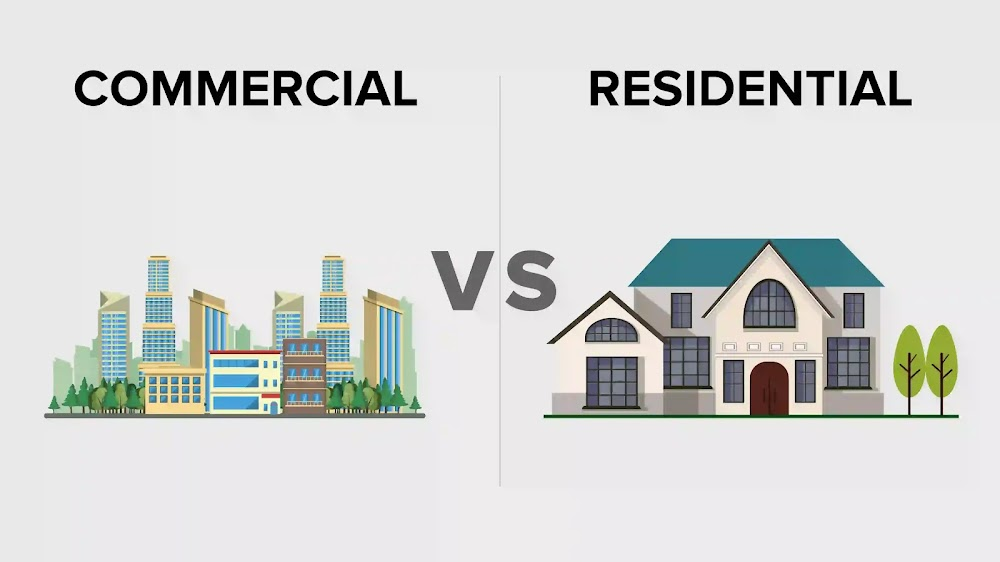An average Indian investor with significant capital will typically consider investing in residential or commercial property for long-term returns. But which option is better: residential or commercial? According to experts, the primary difference lies in lease agreements. After accounting for property taxes and maintenance fees, residential rental yields are generally 2-3 percent or less, while commercial rental yields are around 7-8 percent. This makes India’s commercial real estate market a more attractive investment in terms of yield. Let’s analyze the pros and cons of both residential and commercial property investments in India.
Advantages of Residential Property Investment in India
High Demand: Residential properties in India have consistently high demand due to the growing population and large-scale urban migration, ensuring steady property appreciation over time.
Rental Income: Rental housing is at an all-time high in India, offering a lucrative way to generate income.
Low Investment: The initial investment in residential property is generally much lower than in commercial property, attracting a larger number of investors.
Get real reviews and recent property transactions
Disadvantages of Residential Property Investment in India
Lower Rental Yield: Residential properties yield a lower return on investment (ROI), typically 2-3 percent less than commercial properties. This is a drawback for investors seeking higher yields.
Management and Maintenance: Residential properties require regular maintenance and management, including dealing with repairs, non-payment of rent, and other issues, which can be time-consuming and tedious.
Market Fluctuations: The residential real estate market is influenced by economic conditions, interest rates, and government policies, making it subject to fluctuations.
Advantages of Commercial Property Investment
Higher Rental Yield: Commercial properties offer higher ROI, with businesses willing to pay premium rates for well-maintained and well-located spaces.
Long-term Leases: Commercial properties often have long-term leases, providing stability and predictable income for the owner.
Professional Tenants: Businesses are typically more reliable than residential tenants, minimizing issues related to non-payment of rent and property damage.
Quicker Capital Appreciation: Prime commercial properties in upscale business hubs experience faster capital appreciation, leading to substantial business gains.
Disadvantages of Commercial Property Investment
Higher Investment: The initial investment for commercial properties is significantly higher, limiting the entry of smaller investors.
Market Fluctuations: Like residential properties, commercial properties are also subject to market fluctuations. During economic downturns, commercial rents can decrease.
Complex Management: Managing commercial properties involves multiple operational responsibilities. Hiring a property management company can help but requires substantial investment.
Regulatory Challenges: Commercial properties are subject to stringent regulatory laws, making legal compliance time-consuming and challenging.
Investing in residential and commercial properties comes with its own set of challenges. A seasoned investor seeking a balanced portfolio can leverage the strengths of both types while mitigating their respective risks. By understanding the nuances of residential and commercial investments, investors can make informed decisions aligning with their financial goals and market opportunities. Visit Our site for more information
An average Indian investor with significant capital will typically consider investing in residential or commercial property for long-term returns. But which option is better: residential or commercial? According to experts, the primary difference lies in lease agreements.
